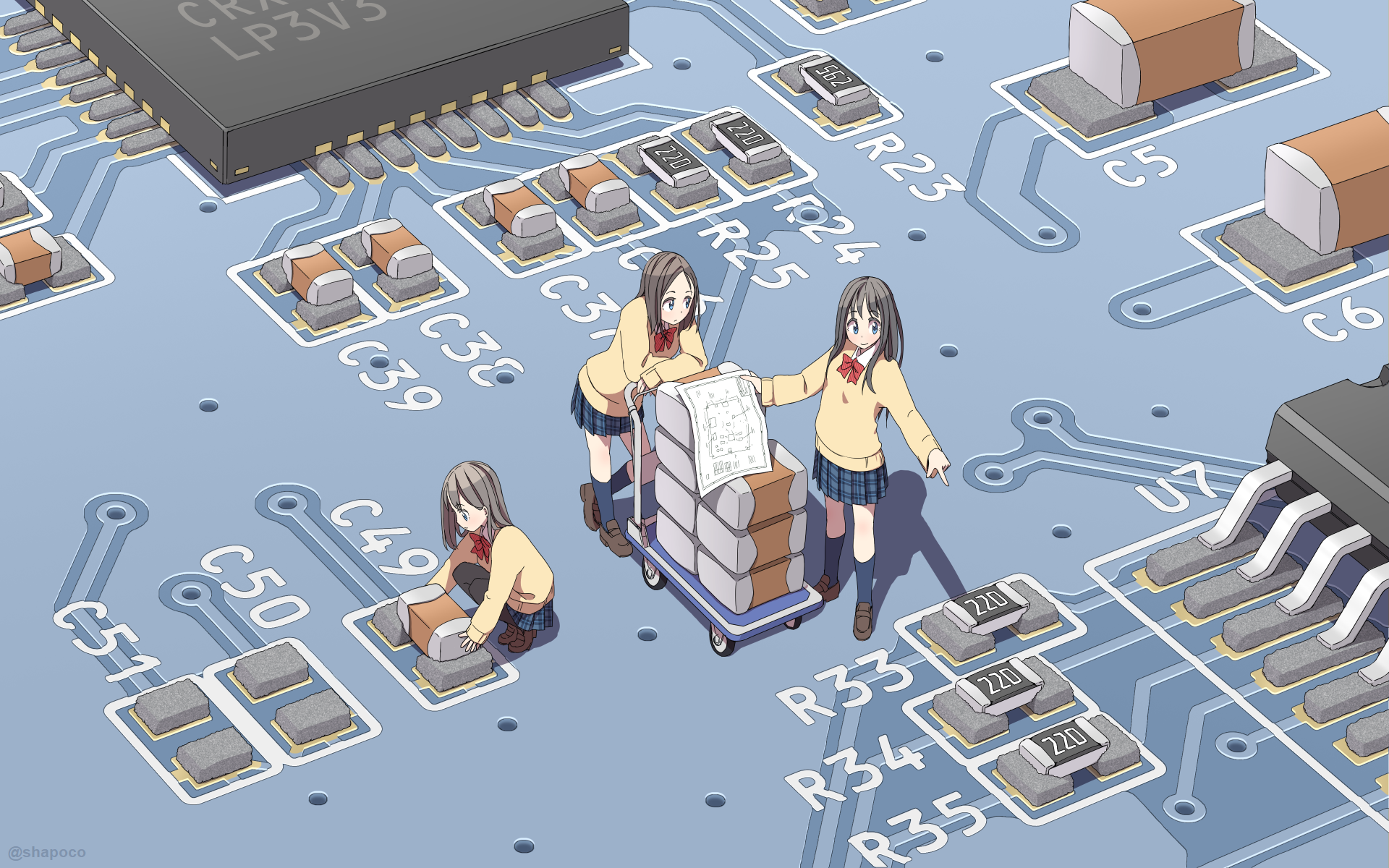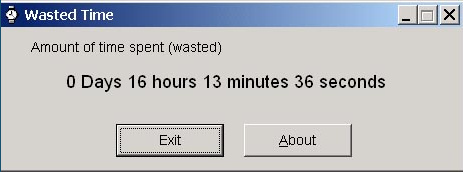

How difficult it is to contribute to an open source project matters. It matters a lot. I'm talking primarily about mature open source projects, but parts of this rant are still applicable for new and closed source projects as well. Most of it is just generally good advice for running any sort of team.
Contributors usually want solve their own problems and optimize their own experience. Generally speaking, contributors don't care about the maintainer's problems as much as the maintainer may hope. Especially if they cannot at a glance understand those problems.
Potential contributors may support your mission, but it's hard to make them sacrifice for it. Contributors want to contribute so that they can avoid pain, not take on more pain. They have a very short attention span. If they can't immediately solve their problem, they will leave. They'll find a workaround without upstreaming a fix, or just find some other project.

Unless you can find a select few rare and ideologically motivated individuals, the only way to find contributors who will sacrifice for your cause is to pay them. Nobody wants to clean up your mess for you. Open sourcing your code is not going to change that. Nobody is going to materialize next to you with a solution.
I've had multiple conversations with maintainers to the effect of "We have a long list of good first issues, why is nobody picking them up? We have like three hundred of them! Fix our type inference bugs! Debug our segfaults! Why are there no new contributors? They should be cleaning up after us!"
Ideologues forget that non-ideologues have their own problems to deal with. Never make this mistake, it can kill your project. I've seen it happen.
Understanding how to operate in such a world where contributors are selfish, pain-averse, and low attention span requires a paradigm shift. For a potential contributor, the decision to contribute or not is a simple risk vs reward. The risk is wasted time. The reward is getting features and fixes merged.
I think about open source in much the same way as I think about a startup trying to find product-market fit. The more annoying the experience, the more users and contributors will churn. But get it right, and you could experience explosive growth. Not only is it important to have a product that feels great to use, it's important to have a product that feels fun to work on.

So put your thumb on the scale. Change the risk/reward calculation. Make something useful, that's a delight to work on. For success in the long term, both are equally important.
The eventual hope is that maybe some of short term contributors will keep using your project and turn into long term contributors and maintainers. People that you can design new features with, who can review your code and point out conceptual issues. Eventually. But in the beginning everyone is new, so you've got to make it easy.
In addition to lowering the barrier to entry, You need to make sure people know it's low. Otherwise they may make an error in their risk/reward analysis by not contributing, to the detriment of all parties.
This is all well and good. But it's not actionable advice. Here is some actionable advice.
Automated testing is a must. Write well thought out and exhaustive tests that don't flake, so that contributors can be confident that their features and fixes won't cause regressions elsewhere. Prioritize integration tests. Equally important, write up a guide on how to add tests and run them, and place it somewhere prominent. Both processes should be as frictionless as possible.
Document anything that would not be immediately understandable by a layperson. As a Julia/LLVM example, nobody without a degree in compiler engineering is going to understand what a phi node is. It's core knowledge for understanding how Julia works, but that doesn't matter. You can't expect people to have this knowledge when they start reading your code. If you want contributors, then this is unacceptable. It needs to be documented and made simple. Write or record a 15 minute crash course. No project is so complicated that it can't be explained in 15 minutes.
APIs should be self documenting, but you should document them anyway. Exhaustively. You can do this with LLMs, they're very good at it. If it's Python or another language with optional typing, add type annotations. Not as a tool for communicating with a type checker, but as a tool for communicating with humans. When type annotations are absent, people spend time figuring out all the different places a function could be called from. Don't annoy your contributors. Add type annotations.
Set up a Discord server. Or a public slack, an IRC, a Discourse, or Github discussions, or whatever. Wherever your potential users are. It's usually Discord, but might be somewhere else. Then be active there answering questions. Think of this time as an investment. If people see discussions about features and PRs, they know that if they write a PR and encounter issues they can ask questions there as well. Then they may go do that. It's also a good way to disseminate knowledge.
Acknowledge and appreciate contributions. Doesn't matter how large or small. You want contributing to your project to feel good. Make sure they feel proud of their work. This too is an investment. Build friendships that turn short term contributors into long term contributors.
Create tutorials and examples. If your project has a feature it needs a tutorial or example. Otherwise nobody will know about it. These can also serve as very effective marketing material. Marketing is more important than you think.
Office hours can be incredibly useful. Voice and/or video communication is much higher bandwidth than text alone, making it the superior medium for feature design discussions. It's also a convenient time to meet with potential contributors who may see asking for your time as daunting or rude. A regular time to discuss the project helps.
Imagine yourself in the shoes of a new user and contributor. You're using the project for X, and you want to implement new feature Y. Where is it likely you would get stuck, if you were to use and read your code for the first time? Are all the places that would need to be changed intuitive and easy to find? I recommend asking a friend to try, and soliciting feedback on their experience. Not just the experience of using the project, also the experience of modifying it.
Maintain the bar for code quality, without slowing contributors down. The main question you should be asking as a reviewer is "is this maintainable?" This question comes even before the question "is this correct." If unmaintainable code gets merged, it will complicate things down the road. But don't let reviews drag on, or it will add friction to contributing. If the PR is sensible, maintainable, and correct, it's often better just to merge and submit a cleanup PR yourself than to nitpick.
Empower your contributors. Do this by identifying potential roadblocks to drive-by contributions, and ripping them out. Give them as much agency as possible.

This beneficial for a few reasons. One of them is purely psychological. I feel like the progress I make as a contributor is dependent on my mental state. If contributing to a project is draining I can't work nearly as many hours, and my code quality drops noticeably. Sometimes it can get so miserable that I want to quit and become a goose farmer. Better than dealing with layers of technical debt and political nonsense. Maybe you've felt the same. People are not productive when they're miserable.

Additionally, in the path from "demo" to "product" there are a lot of tiny annoyances that will irk users. They're hard to identify, and enough of them can sink a project. It's why QA testing exists as a concept. If drive-by contributions are difficult, these problems will persist. A tremendous amount of the value of a product is locked up in fixing these tiny annoyances.
The benefit of open source, in my mind, is primarily in crowdsourcing the QA process. Ideologues can grin and bear the pain points, but neglect drive-by contributors at your peril. Your project may have a lot of features, but it might still suck, suffering a death by a thousand cuts and never finding product-market fit.
I hope that you found this rant useful.